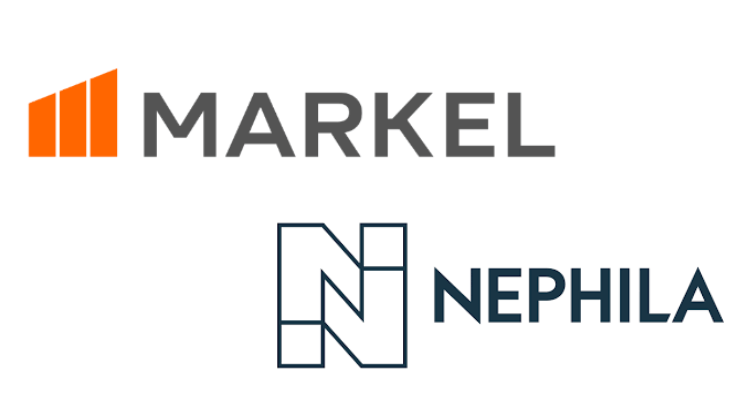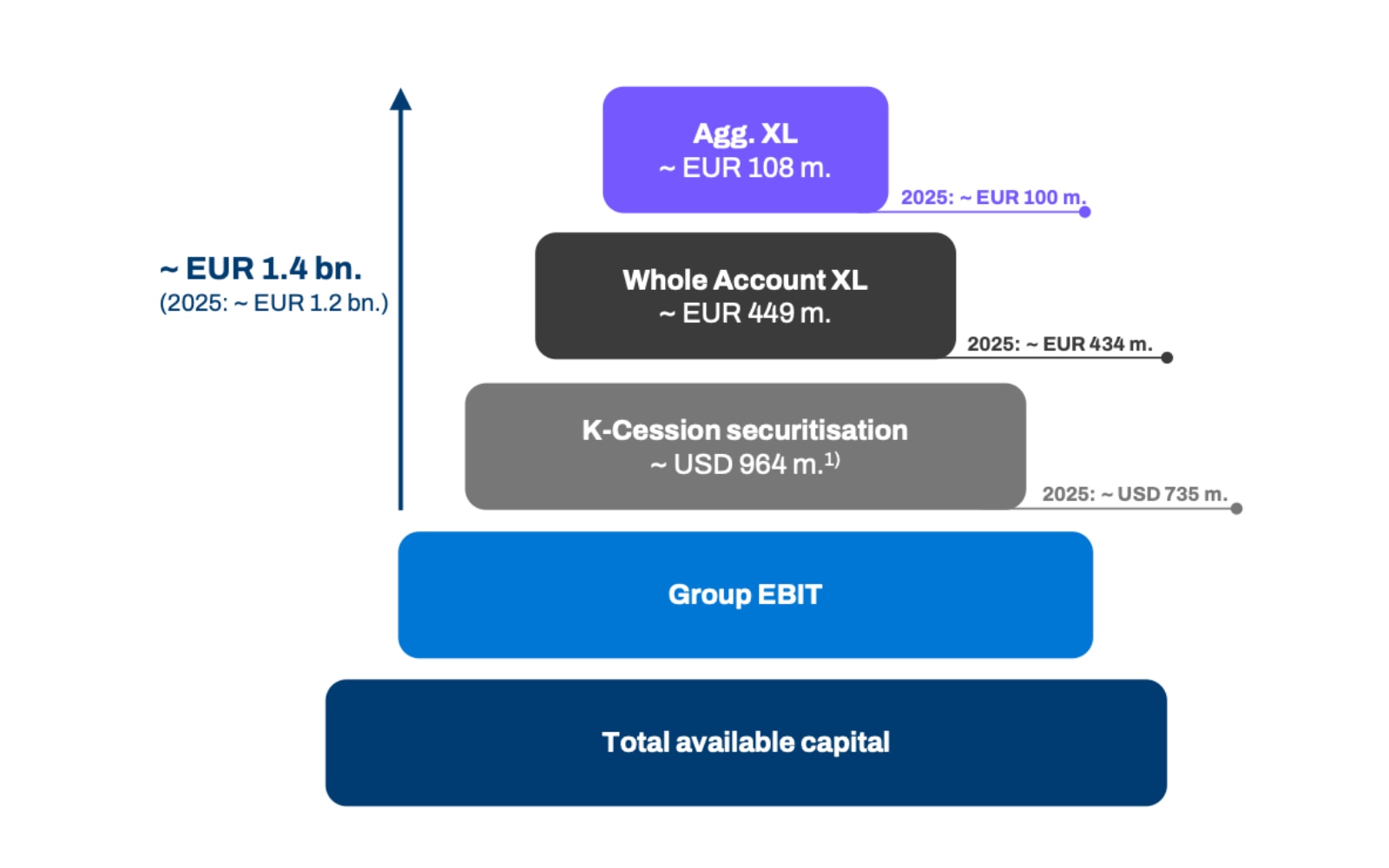
Advertiser Disclosure If you have been labeled as a high-risk driver, you might see a significant hike in your insurance premium.While it becomes challenging to find low-cost insurance coverage, it’s not impossible.Yes, you will need to do a little more research than the driver with a spotless record, but it will pay off in the long run.
If you are searching for the best high-risk auto insurance, we are ready to help.We’ve already done the research into the top providers of car insurance – looking into costs, coverage options, additional perks, and reputation of the companies.Let’s dive deeper and work on finding you a provider for your high-risk car insurance.
In this article: What Is High-Risk Auto Insurance? High-risk auto insurance is what drivers that pose a great risk to insurance companies must purchase.If providers deem you more liable than the average driver, you will pay a higher premium for coverage.Interestingly, your high-risk designation comes not only from what you do behind the wheel, but from several other factors as well.
Let’s take a look at what increases your risk level with car insurance companies.Driving Factors Here are the major driving factors that will influence your car insurance premium.Reason Explanation At-Fault Accidents If you’ve filed an insurance claim because of an accident you caused, your rates will go up – especially if there was a bodily injury payout.
Filing a claim usually results in a 20- to 40-percent increase.Speeding Tickets The more speeding violations you have, the higher your rates will go.The amount also varies based on the severity of the incident.
Speeding tickets are seen as precursors to accidents.Reckless Driving High-level moving violations, such as reckless driving, can lead to about a 16-percent increase in your premiums.Racing There are many dangers associated with racing, which is why your insurance company will raise your premiums considerably if this is on your record.
You’ll then have to purchase high-risk car insurance.DUIs A DUI often results in property damage, bodily injury payouts, and even death benefits.This situation puts you into one of the highest risk categories for insurers.
A DUI stays on your insurance record for three to ten years and will raise your rate about six percent after the first incident. Non-Driving Factors Not everything that changes your car insurance premium is a result of what happens in your vehicle.Several non-driving factors will raise a red flag with the provider, too.
You may need to shop for high-risk car insurance if any of the following apply: Reason Explanation Bad Credit Insurance companies analyze your credit to determine the type of driver you are.About 92 percent of insurers consider credit scores when calculating premiums.Lower scores often indicate that the driver is more likely to file a claim than someone with better credit.
Age The younger you are, the more risk you bring to the provider.Teenage drivers are labeled as high-risk because of inexperience and a greater likelihood to file a claim.On the other hand, senior drivers are also seen as a high-risk, so premiums may increase as you grow older.
Insurance History If you have gaps in your insurance coverage, you raise red flags with providers.Making sure coverage never lapses allows you to prove your responsibility to the companies and avoid having to purchase high-risk auto insurance.Location Insurance is almost always priced based on zip code.
Your location impacts rates because of traffic, accident rates, theft rates, and state-mandated coverage terms.Use of Vehicle Car insurance premiums go up based on how you use your vehicle.If you are driving for a rideshare organization or commercially, you are going to have higher rates, if the provider will even cover you at all.
Type of Vehicle High-performance vehicles create an added risk for auto insurance companies.In addition, you may see an increase in rates if you drive an off-road vehicle or have high-priced components on the car. What Are License Points? The majority of states rely on a license point system to score your driving record.
Each state has its own set of points, but every violation gets tied to a particular number.These points remain on your driving record for a determined period of time.If you get too many points, you can lose your license.
While most insurance companies don’t usually look at the points directly, your Motor Vehicle Report will illustrate all of the tickets, moving violations, and infractions against you.Providers use this information to help determine your premium cost.How Much Does High-Risk Insurance Cost? Because average car insurance prices vary based on so many factors, it’s challenging to specify what someone might pay for a high-risk policy.
If you look at the averages for your location, you can determine an effective estimate by increasing that rate based on the above criteria.Overall, the best way to get the most accurate information is to get insurance quotes from various companies.The Best Company For High-Risk Car Insurance In your search for high-risk auto insurance, we recommend getting quotes from these top providers.
Several offer usage-based policies that can result in a lower premium if you don’t drive much, as well as accident forgiveness and new car replacement in the event that yours is damaged beyond repair.Company Our Star Rating AM Best Financial Strength Rating J.D.Power Power Circle Ratings for Claims Satisfaction Added Benefits USAA 5.0 A++ 5 Usage-based policies Accident forgiveness New car replacement Geico 4.5 A++ 3 Usage-based policies Accident forgiveness Progressive 4.5 A+ 3 Usage-based policies Accident forgiveness New car replacement State Farm 4.5 A++ 3 Usage-based policies New car replacement Allstate 4.0 A+ 3 Usage-based policies Accident forgiveness New car replacement AAA 4.0 A+ 3 Usage-based policies Accident forgiveness New car replacement USAA High-Risk Auto Insurance While USAA won’t cover everyone, you can find some of the lowest rates if you qualify.
USAA is designed specifically for military personnel and their families.Not only can you get decent rates with poor credit, but the provider also covers young drivers.If you have a teenage driver in your home, this might be your best option.
Some additional perks offered by USAA include: Roadside assistance Rental car coverage Glass coverage Accident forgiveness Car Replacement Assistance (CRA) Gap coverage Filing a claim is simple with the USAA mobile app.While no one wants to be in a situation where submitting a claim is necessary, it’s helpful to know that you shouldn’t have trouble if an accident occurs.Pros Cons Low rates for high-risk drivers Only available to military members and their families High customer satisfaction scores Might not cover all high-risk driving records Superior coverage options for young drivers USAA is also known for customer satisfaction.
In J.D.Power’s 2019 U.S.Auto Insurance Study and the claims satisfaction survey noted above, USAA was the highest-scoring provider (although not included in the final results due to the exclusive nature of USAA insurance.
Best for Military Families ★★★★★ Compare Policies Our best overall pick: Offers great customer service to military members and their families. Geico High-Risk Auto Insurance If you want your high-risk auto insurance premiums to remain at a minimum after an incident, it might serve you well to check out the rates from Geico.The company provides some of the lowest rates of the industry’s most popular providers and excels at customer service.
You also get some great added benefits with Geico, including: Mechanical breakdown coverage Roadside assistance Rideshare insurance Not only does Geico accept drivers with a variety of records, but the company also has an A+ rating from the Better Business Bureau (BBB).This score isn’t typical in the insurance industry and further proves that Geico does what it says it will.If there are complaints, Geico attempts to deal with the customers promptly and ensure satisfaction whenever possible.
Pros Cons Good rates for drivers with bad credit Not as many local agents as some providers Lots of added benefits Easy quotes process Looking at both of the J.D.Power studies discussed above, we see that Geico is regularly regarded as one of the top insurance providers.Best Company Overall ★★★★★ Compare Policies Best for those ineligible for USAA: Offers competitive pricing and great coverage.
Progressive High-Risk Auto Insurance No one can deny that Progressive has some exceptional ad campaigns that help to increase brand recognition, but how good are the policies and customer service? Thankfully, Progressive lives up to its reputation with a multitude of offerings and an easy quotes process.In fact, you can see rates from competitors at the same time when you use the price comparison tool on Progressive’s website.In addition, the company provides several benefits, including: Rental car reimbursement Loan/lease payoff Roadside assistance If you have bad credit or have had a moving violation, you’ll find some of the lowest prices through Progressive.
The company has an extensive list of available discounts you might qualify for in spite of your age or driving history.Pros Cons Lots of coverage options Customer satisfaction score slightly lower than other providers Easy to get a quote quickly Unique price comparison tool While Progressive doesn’t come close to failing in the customer service department, the provider doesn’t rank as highly as USAA and Geico.Still, we feel confident recommending Progressive for high-risk auto insurance.
Great for Discount Bundles ★★★★★ Compare Policies Offers a number of ways to get a discount, including the Snapshot tool or bundle options.What Are SR-22s? The SR-22 certification is filed with your state and isn’t an insurance type.An SR-22 certificate assures that the person named carries the minimum state-mandated car insurance.
Your insurance company provides this certificate to the state to guarantee that you have financial coverage for an accident.Most people that are required to have an SR-22 are drivers with a DUI on their record, but it can also be required for the following reasons: DWI Major alcohol violation Some moving violations, such as negligent or reckless driving Numerous traffic incidents in a short time Previously driving without insurance Previously involved in an accident without insurance Probationary license Reinstated license after suspension or revocation Most companies charge a one-time fee for an SR-22, so this shouldn’t increase your rate directly.Save Money On High-Risk Car Insurance If you have violations on your driving record or poor credit history, there are still steps you can take to lower your premium for high-risk auto insurance.
Avoid filing claims: Every time you file a claim, you receive a penalty with the insurance company.Depending on how much the damage costs, you might end up paying more over the next few years through the premium in comparison to simply paying for the damages yourself.It’s often wise to keep savings aside for these unforeseen circumstances.
Take a driving course: If you take a course before the insurance company receives a report of your speeding ticket or moving violation, you might temporarily lower rates.Most insurance companies won’t count this discount once the ticket is reported, so that’s something to keep in mind when you fall into the high-risk auto insurance category.Boost your credit score: Car insurance premiums go down significantly just for having good credit.
Aside from that, you get better financing rates for vehicles, homes, and everything else you purchase.Work on improving your credit score by making payments on time, and you will end up with more money in your pocket.Shop after the violations expire: If you know when violations will be removed from your record, you know when to contact insurance companies.
Even though your policy probably auto-renews at a particular time, you can ask for your insurance company to re-evaluate your rate early.An insurance company isn’t going to do this automatically, so don’t forget to ask so you can avoid paying for high-risk auto insurance again.Choose a different vehicle: While everyone should be conscious of their choices in vehicles, those with high-risk insurance need to think about it even more.
Some cars are notoriously cheap to insure, so you can lower your rates by considering a particular model.It might help to drive a minivan or family-geared SUV for now.Take a break from the car: If you are going to pay too much for car insurance, maybe you should consider ditching the vehicle for a while.
You can always use a rideshare service, bicycle, or public transportation.This decision is a reasonable solution if you can’t afford premiums and have no other options.Prevention Is The Best Way To Avoid High Rates If you don’t want to pay too much for auto insurance, you should think about the following before you find yourself in trouble: Maintain a good credit score Drive a car that is cheap to insure Take defensive driving courses Drive the speed limit Avoid filing insurance claims in some situations Never drink and drive For those who have already been designated high-risk, the best way to find the most affordable high-risk auto insurance is to shop around.
Not every company charges for violations the same way, so it helps to know what your options are.We recommend getting quotes from several top providers to see who can offer you the best coverage at the lowest rate.
Publisher: E-Insurance News








